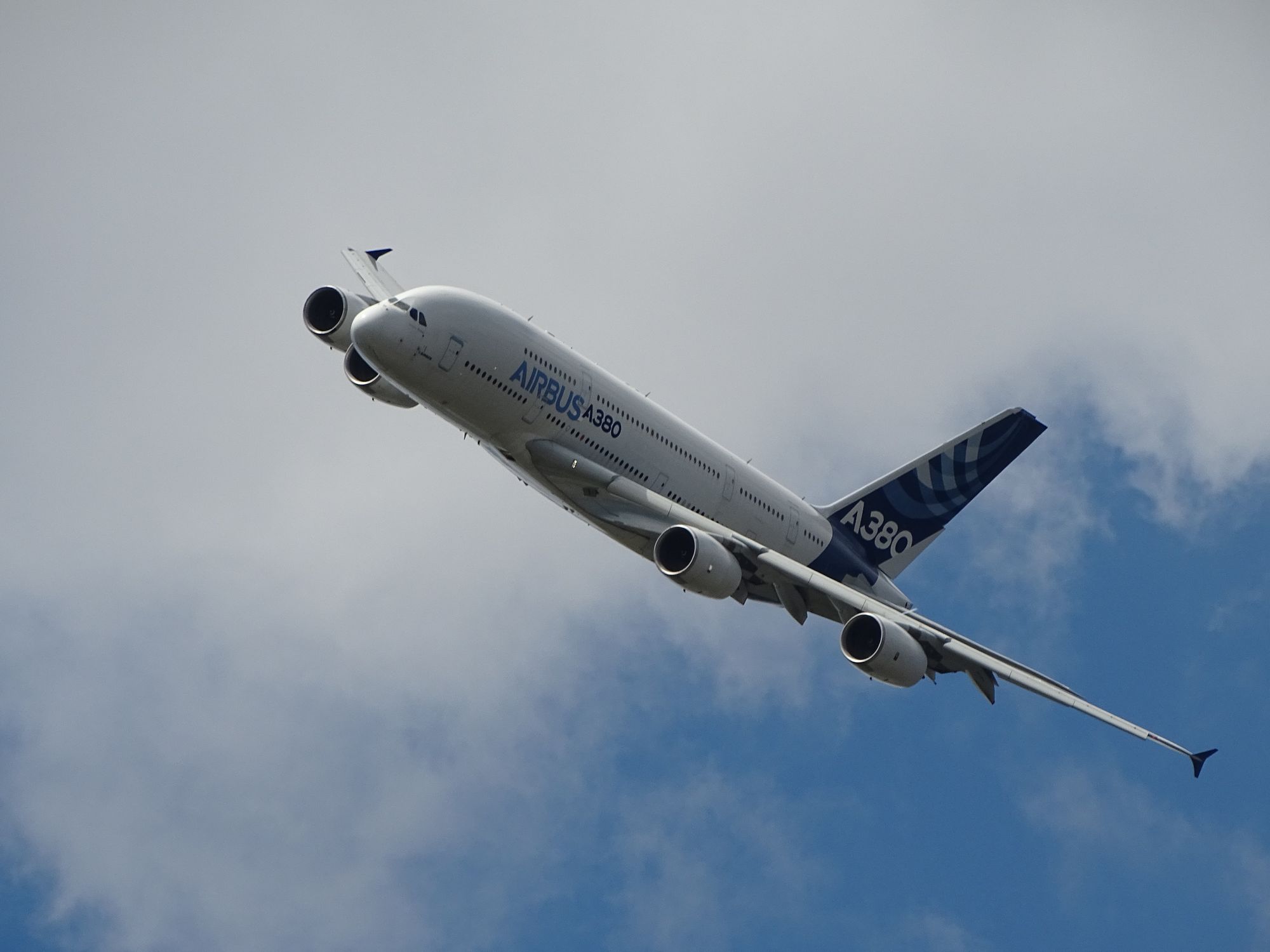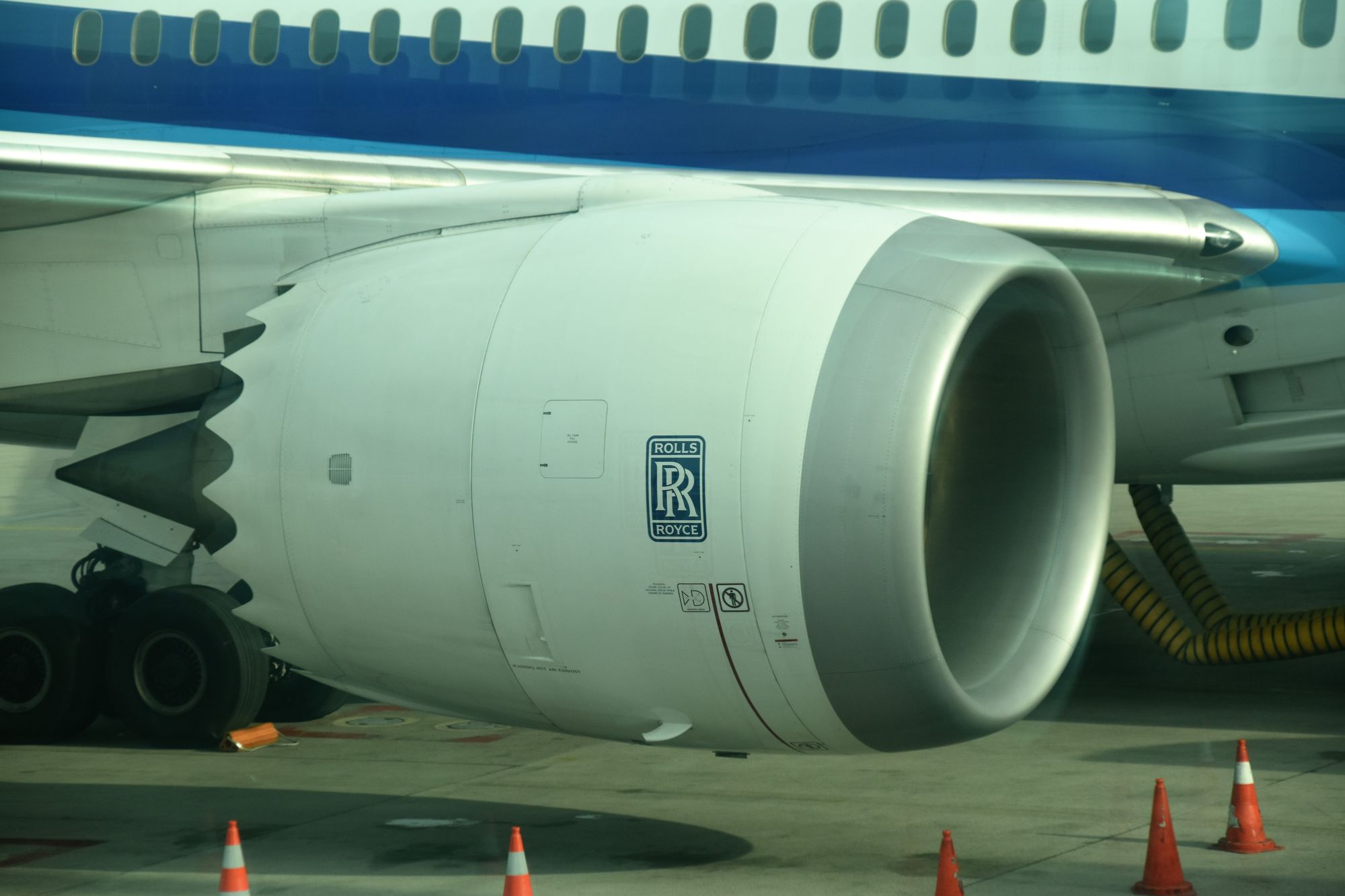By Claudia Jimenez Martin, Third year, Eng D in Composites Manufacturing
The COVID-19 pandemic has had an unprecedented effect on the aviation industry - air traffic numbers reduced to record lows, entire aircraft fleets grounded, and widespread job cuts – however, according to UWE aviation expert Dr Steve Wright, Bristol’s aerospace manufacturing industry will be exempt from the immediate impacts of the pandemic.
It is expected that the air transport sector will not recover in the short- or medium-term. Airbus and Rolls Royce, two global aerospace giants, as well as two of Bristol’s biggest employers, have undoubtedly felt the impact of the current pandemic.
Aerospace has been at the forefront of Bristol’s economic landscape for many years. In fact, nine of the top aerospace companies can be found in the South West region. This represents a third of the UK’s aerospace and defence GDP. Bristol’s aerospace history also includes the maiden flight of the first British prototype of Concorde, which took off from Filton on 9 April 1969.

Filton, located in north Bristol, is a hub for aircraft and engine design and component production, attracting major aviation investments such as Rolls Royce’s composite centre and Airbus’ wing research facility. These facilities research new technologies for use in aircraft models five to ten years down the line.
It is due to this time lag that aircraft development has not been directly affected by the COVID-19 crisis. In a similar way, aircraft manufacturers like Airbus and Boeing have been able to keep producing aircraft due to their huge backlog of orders.
Airbus has an order backlog of 7584 commercial aircraft as of 30 June 2020, though admittedly at a reduced rate. Airbus, for example, will now only produce forty of its bestselling A320 narrow-body aircraft instead of 120.
This is not the first crisis to hit the aerospace industry. Past events such as 9/11 and the 2008 recession have shown world aviation is able to recover from crises, and aerospace giants like Airbus and Rolls Royce will thrive in the long run, as the overall trend for increasing passenger air travel continues.

Dr Wright comments: ‘It depends how long the pandemic lasts, but the world aviation economy always catches back up.’ Nevertheless, there will be a lasting impact and the market may take up to a decade to return to pre-crisis levels.
Bristol researchers find a potential ‘game changer’ in the fight against COVID-19
Exoplanets: Bristol researcher seeks for the clues in our Solar System
The actual consequences for the sector will depend on the duration and magnitude of the outbreak as well as containment measures and the degree of consumer confidence for air travel. Under the current circumstances, commitment of all current employees in Bristol’s aerospace sector will be imperative to overcome the crisis and maintain Bristol’s competitiveness in the global aerospace market.
Featured Image: Epigram / Edward Deacon
Do you think the aerospace industry in Bristol will overcome the challenge from Covid-19?







